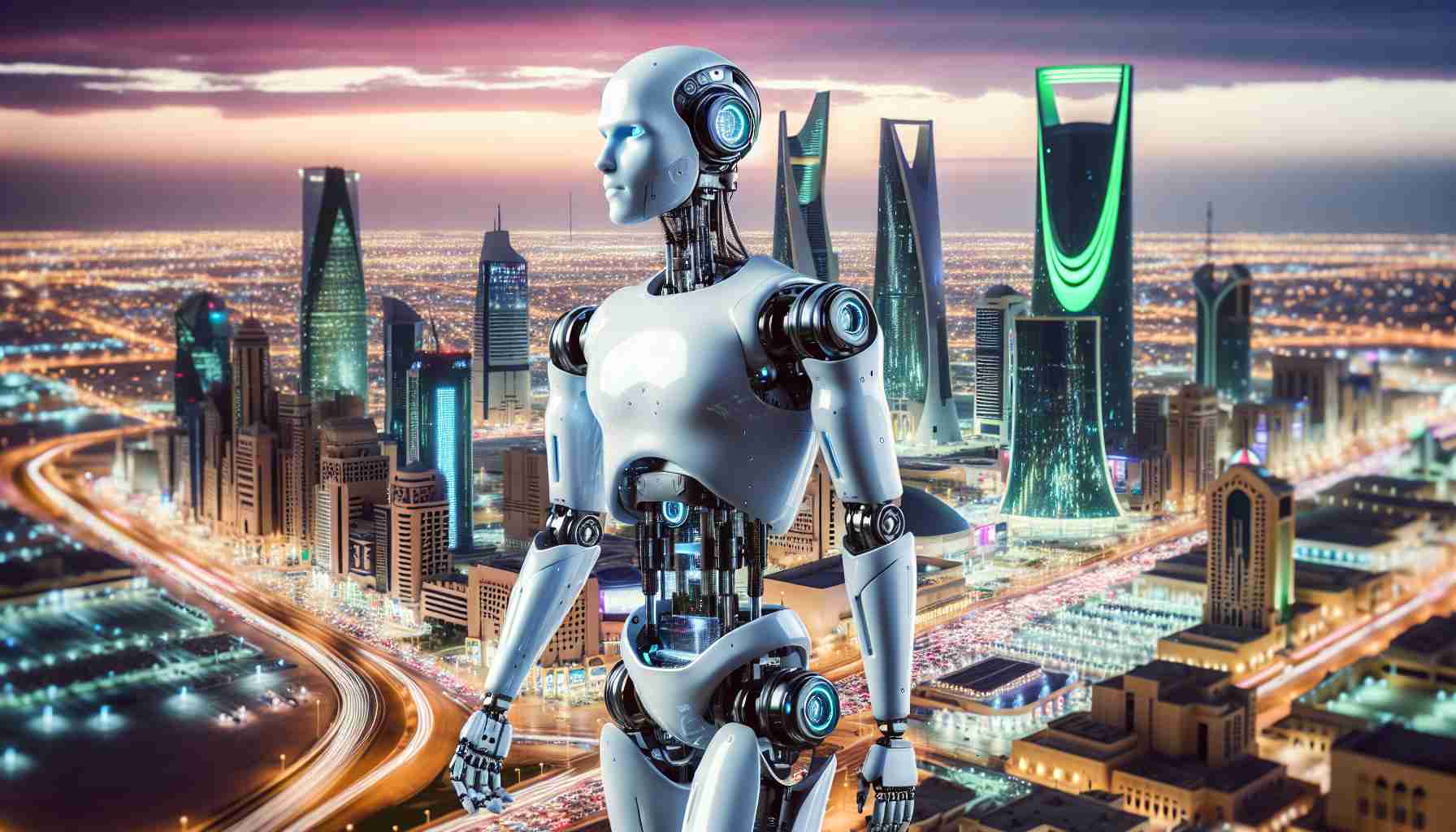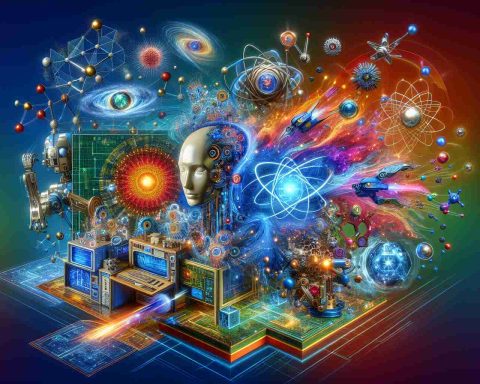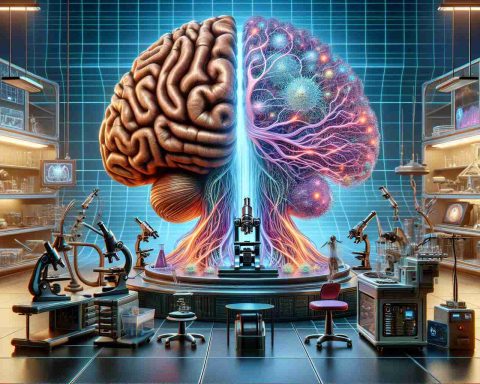In an era where technology is advancing at an unparalleled pace, Saudi Arabia is making bold strides by integrating robots into its society. This initiative isn’t just about automation; it’s about crafting a future where humans and robots co-exist harmoniously.
Saudi Arabia’s Vision 2030 has laid the groundwork for a tech-driven transformation, and robots are at the forefront. The nation’s ambitious plan includes the development of NEOM, a $500 billion smart city project that promises to blur the lines between technology and daily life. Robots in NEOM will not only perform routine tasks but also interact socially and emotionally with residents, pushing the boundaries of human-robot relationships.
Recent Developments: A striking example is the introduction of robots in healthcare settings, where they enhance patient care and support overburdened medical staff. Moreover, educational institutions are incorporating robotics into their curricula, preparing future generations for a tech-centric world.
However, this robotic revolution raises new ethical and regulatory challenges. The prospect of robots gaining citizenship, akin to Sophia the humanoid, who was granted citizenship in 2017, provokes questions about identity, rights, and societal roles.
As Saudi Arabia rapidly embraces the robotic future, it sets a precedent for the world. The conversation around robots isn’t just about technology; it’s about reimagining the very fabric of society. Will robots seamlessly integrate into our communities, or will they ignite unexpected cultural shifts? Only time will tell.
Saudi Arabia’s Robotic Revolution: A Glimpse into the Future
Saudi Arabia is pioneering a transformative journey by integrating robots into its societal framework, aligning with its ambitious Vision 2030. This initiative transcends mere automation, aiming to cultivate a harmonious coexistence between humans and robots. Here’s an in-depth exploration of this evolving landscape and the implications it bears on various sectors.
Innovative Features in NEOM
NEOM, the $500 billion smart city project, is at the heart of Saudi Arabia’s futuristic vision. This sprawling urban development will showcase cutting-edge technological features, where robots will not only execute routine tasks but will also engage in social and emotional interactions with residents. Such advancements will redefine human-robot relationships, setting the stage for a new socio-technological era.
Expanding Use Cases in Medical and Educational Fields
Robotics’ role in Saudi Arabia extends significantly into healthcare and education. In medical settings, robots are enhancing patient care by assisting medical staff, offering solutions for an overburdened healthcare system. Their presence improves efficiency and patient outcomes.
In the education sector, the integration of robotics into curricula signifies a proactive approach to preparing future generations for a technology-dominant world. Schools and universities are adapting to this shift, ensuring students develop the necessary skills to thrive in a tech-centric environment.
Key Challenges and Ethical Considerations
The proliferation of robots introduces several ethical and regulatory challenges. The debate intensifies with the idea of robots potentially gaining citizenship, reminiscent of Sophia the humanoid’s milestone in 2017. Such developments prompt questions regarding identity, rights, and societal roles of robots within human communities.
Market Trends and Predictions
The global market for robotics is witnessing unprecedented growth, with Saudi Arabia emerging as a leader in the Middle East. The successful implementation of robotics in various sectors within the country sets a precedent and could serve as a blueprint for other nations looking to embrace similar technologies.
Industry experts predict an accelerated pace in technological integration, with increased investments in artificial intelligence and robotics. These advancements could lead to the emergence of new industries and job roles previously unimagined.
Sustainability and Environmental Impact
Robotics technology not only enhances efficiency but also holds potential for high sustainability standards. By reducing human error and increasing precision in resource management, robots can contribute to more environmentally friendly practices in industries such as agriculture, manufacturing, and energy.
Conclusion: A World Watching with Anticipation
Saudi Arabia’s embrace of a robotic future is not merely a technological endeavor but a reimagining of society’s structure. As robots become more integrated into everyday life, global observers are keenly watching for both seamless integration and potential cultural shifts. This bold leap sets the stage for a future where technology is an integral, harmonious part of human existence.
For further information about Saudi Arabia’s Vision 2030 and its technological agenda, visit Vision 2030.









